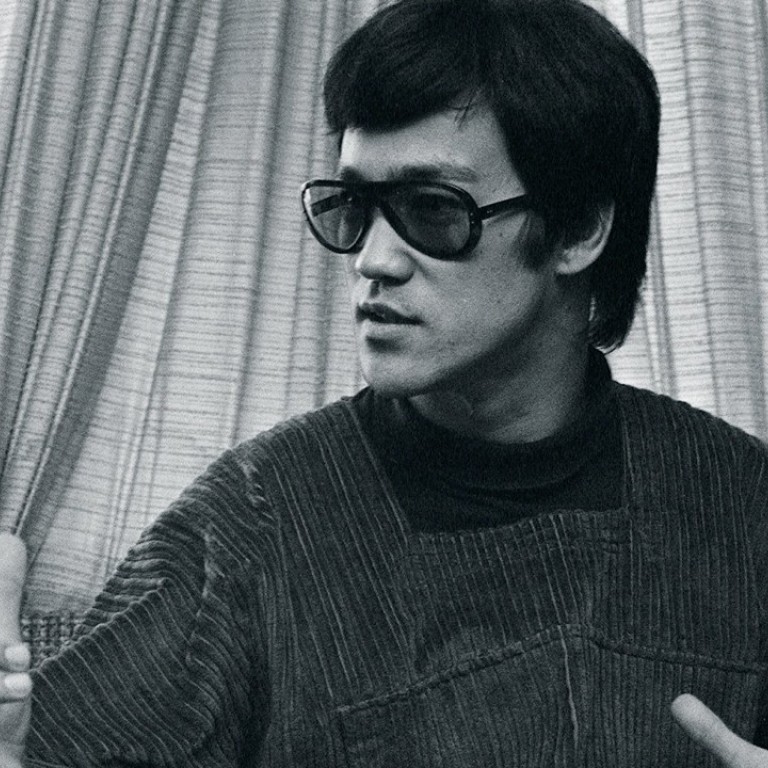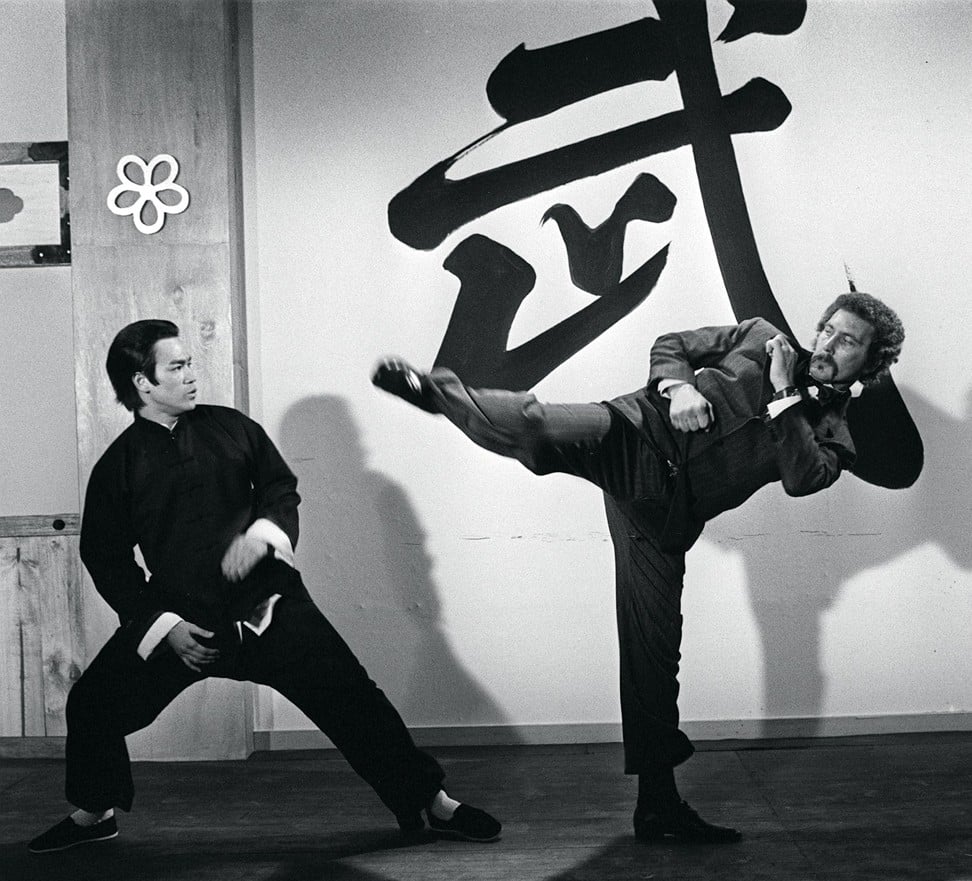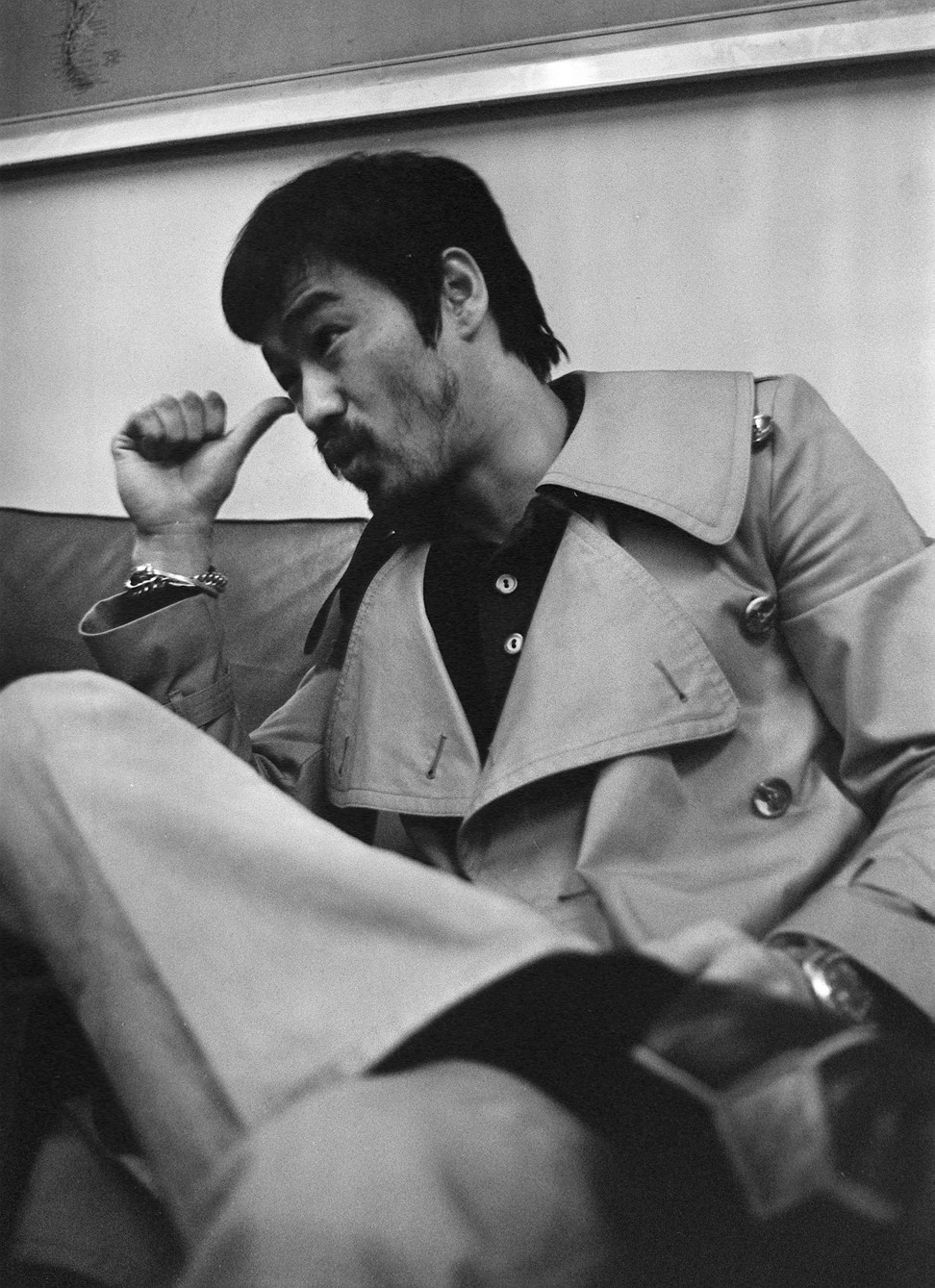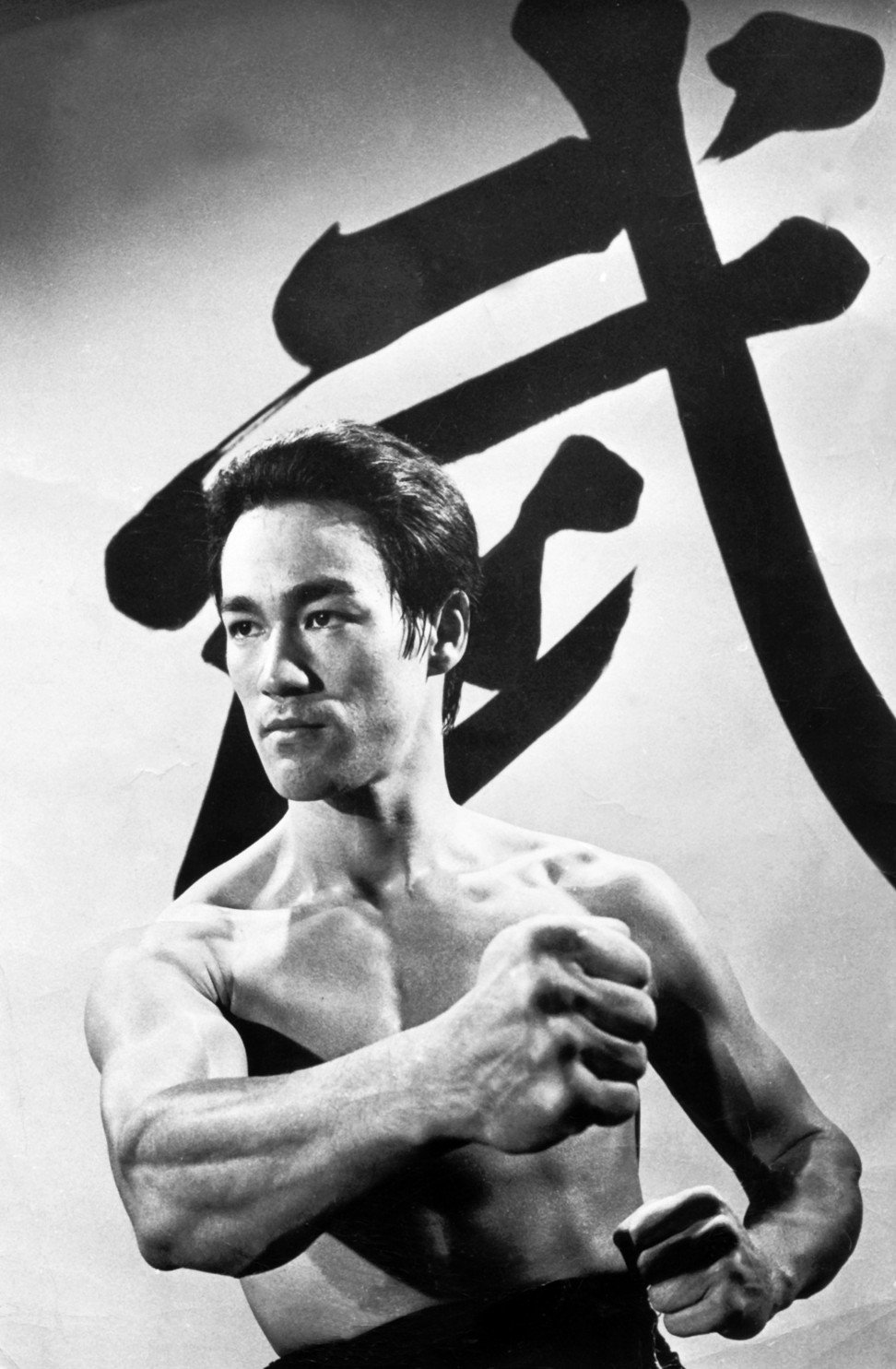
How Bruce Lee’s fighting style tapped Chinese and Western philosophy, from the I Ching to Nietzsche and Jean-Paul Sartre
Lee studied in Hong Kong under the legendary Ip Man, who encouraged his students to think about Buddhist and Taoist principles. Western philosophers lined his bookshelf. He took from all of them to develop his martial arts style
In a special series commemorating the 45th anniversary of Bruce Lee’s death on July 20, 1973, we aim to set the facts straight – as well as exploring some little known trivia – about the life of the martial arts legend.
Chinese martial arts have a strong grounding in metaphysics, and emphasise the constant interplay between the physical action of fighting and the spiritual aspects of the fighter’s relationship with the universe.
Who taught Bruce Lee kung fu? The influences on martial arts star
But that wasn’t true of martial arts schools in the United States in the mid-20th century, which were wholly focused on fighting technique. So when Bruce Lee, who had studied the wing chun style in Hong Kong under the legendary martial artist Ip Man, began teaching in the US, his inclusion of the philosophical aspects of kung fu gained him the reputation of a philosopher.

Ip’s school had encouraged students to think about Buddhist and Taoist principles, and the idea of becoming fluid like water – a central belief of Lee’s own jeet kune do fighting technique – was something Lee learned from his teacher.
Lee’s ideas about the need to constantly adapt while fighting also relate to the Chinese literary classic I Ching (The Book of Changes) and its central principle that everything is continually in flux, so one must learn how to manage change. (Interestingly, there do not seem to be any allusions to Sun Tzu’s ancient book on warfareThe Art of War in Lee’s writings.)
Who was Bruce Lee’s best Hollywood kung fu student?
Lee was also well-read in Western philosophy, and reportedly had many works about the field on his bookshelf. Although it’s not clear whether Lee majored in philosophy at the University of Washington in Seattle (it was probably drama), it’s clear from his writings – which refer to Jean-Paul Sartre, Martin Heidegger and René Descartes – that he did take some university courses in philosophy.
Some of the concepts that he used in his martial arts tuition actually came from Western ideas rather than Chinese philosophy. For instance, his ideas on self-actualisation (the realisation of one’s full potential) relate to Sartre’s existentialism, and his notes on the power of the will are influenced by German philosopher Friedrich Nietzsche.

These are nine of Lee’s philosophical sayings, which were compiled from his writings after his death by Lee expert John Little.
1. “The law of harmony [is one in] which one should be in harmony with, and not in opposition to, the strength and force of the opposition. This means that one should do nothing that is not natural or spontaneous. The important thing is not to strain in any way.”
Did bad feng shui kill Bruce Lee? Rumour that it did won’t go away
2. “Since life is an ever-evolving process, one should flow in this process and discover how to actualise and express oneself.”
3. “Only sober moderation lasts and that persists through all time. Only the mid part of anything is preserved because the pendulum of life must have a balance and the mid part is a balance.”
4. “A good teacher cannot be fixed in a routine. He must not impose on his students to fit a lifeless pattern, a preformulation.”

5. “Concentration is the root of all the higher abilities in men.”
6. “It is the creative ability of man that separates him from all other animals.”
7. “Nothing exists except the here and now.”
Who was Bruce Lee’s best Hollywood kung fu student?
8. “Life is wide, limitless. There is no border, no frontier.”
9. “Life is never stagnation, it is constant movement … things live by movement and gain strength as they go.”
Want more articles like this? Follow SCMP Film on Facebook

